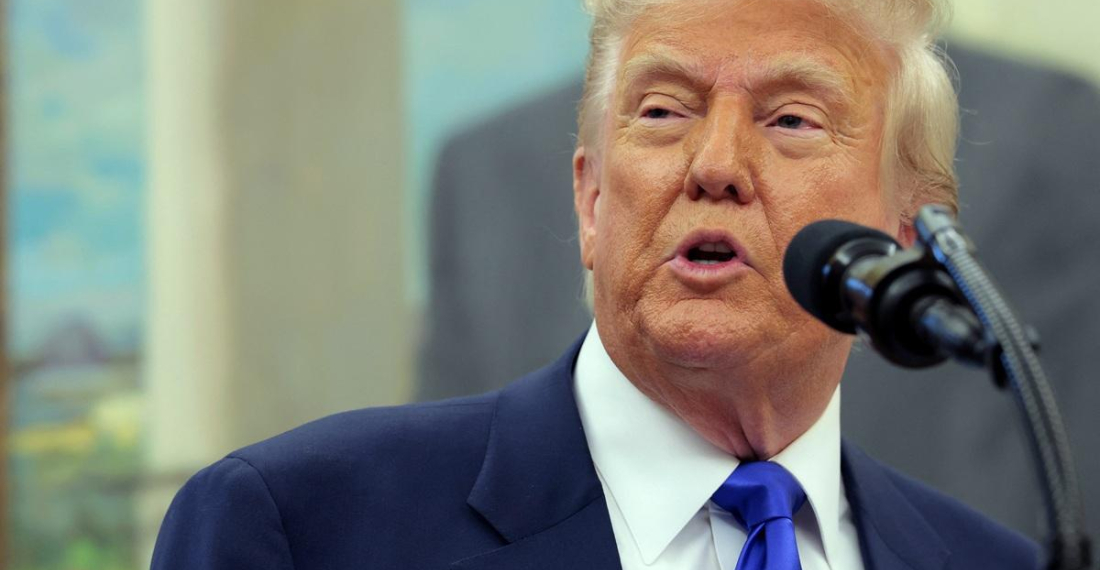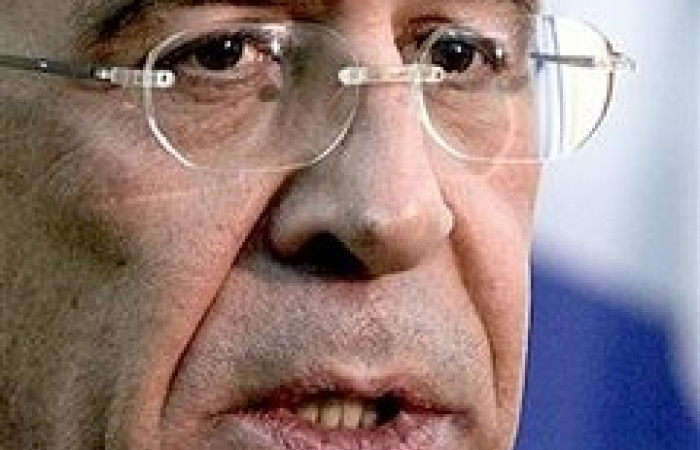US President Donald Trump on Friday said he is “recommending a straight 50% Tariff on the European Union” after complaining that trade negotiations have stalled. The steep new import duties would start on 1st June, Trump wrote on Truth Social. The EU “has been very difficult to deal with,” Trump wrote. “Our discussions with them are going nowhere!”
Trump’s announcement came less than 30 minutes after he threatened to impose a tariff of at least 25% on Apple if the company does not start manufacturing iPhones in the United States.
According to Reuters, stock futures sank immediately following Trump’s posts, which showed the president once again wielding the threat of massive import taxes in response to economic activity he disfavors.
Meanwhile, the Financial Times reported that U.S. Trade Representative Jamieson Greer is preparing to tell European Trade Commissioner Maros Sefcovic on Friday that a recent "explanatory note" shared by Brussels for the talks between the two sides falls short of U.S. expectations, the newspaper said, citing unnamed sources.
Reuters was unable to immediately verify the report. The Office of the United States Trade Representative did not respond to a Reuters request for comment outside regular business hours. "The priority for the EU is to seek a fair, balanced deal with the U.S., one that our massive trade and investment relationship deserves," Olof Gill, the European Commission spokesperson for trade, told Reuters in an email.
The European Union continues to actively engage with the U.S., with Commissioner Sefcovic due to speak to Greer on Friday, Gill added.
The FT reported that the European Union has been pushing for a jointly agreed framework text for the talks but the two sides remain too far apart.
The U.S. imposed 25% tariffs on EU cars, steel and aluminium in March and 20% tariffs on other EU goods in April. It then halved the 20% rate until July 8, setting a 90-day window for talks to reach a more comprehensive tariff deal.
In response, the 27-nation EU suspended its own plans to impose retaliatory tariffs on some U.S. goods and proposed zero duties for all industrial goods on both sides.






